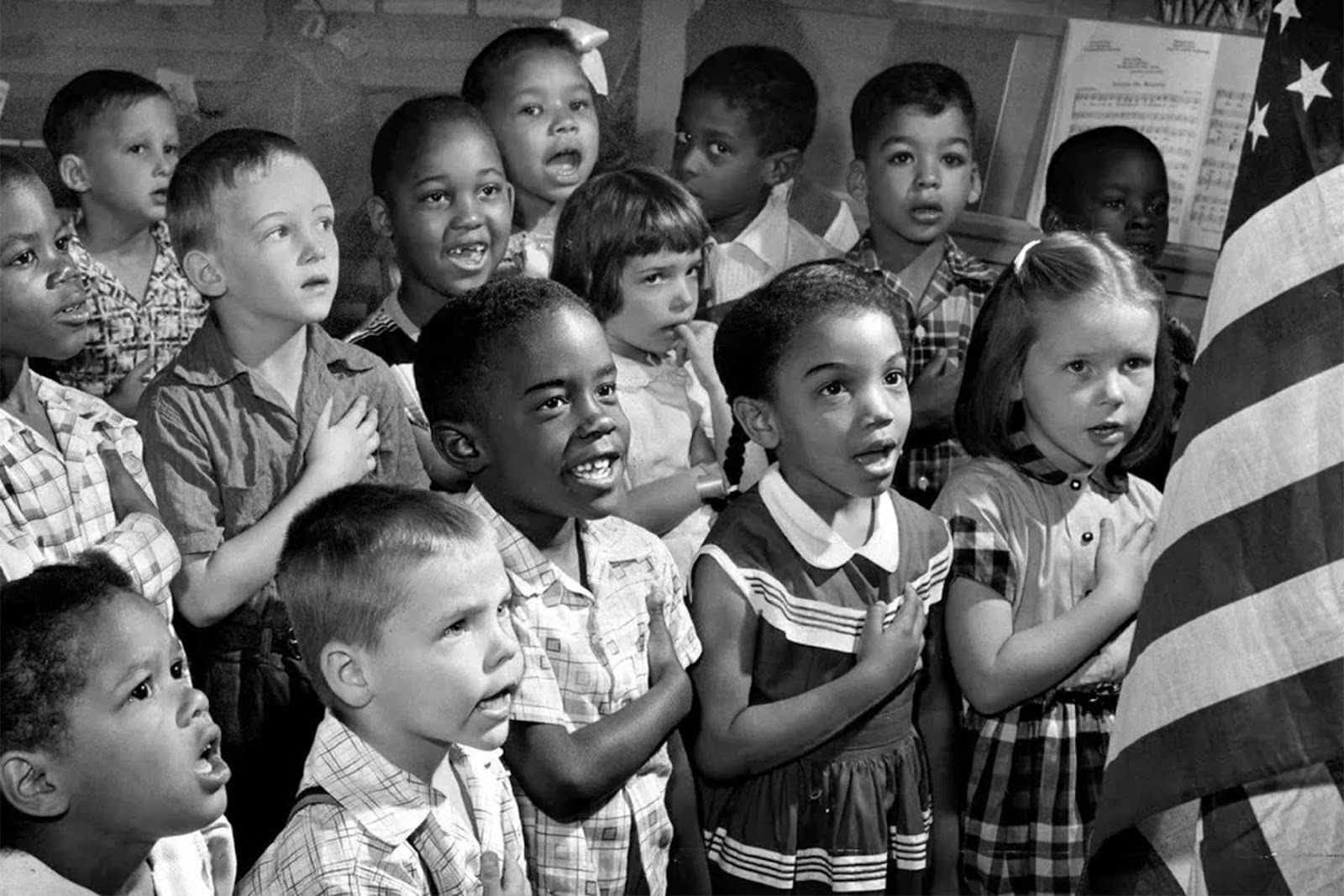What Lengths am I willing to go to in order to do right by every child? Fair question, teachers tend to stick to doing the bare minimum when teaching a classroom. They stick to the curriculum that they created and expect students to follow and learn from that. Many teachers lack empathy and understanding for their students, especially those that struggle academically. They blame the student for not capturing their lectures and performing well on their quizzes or exams. They also don’t try to connect with their students and lack communication, they don’t make the effort to talk to them to understand what exactly they struggle with. Students often feel unmotivated, and this leads to poor performance and in most cases and increase in the dropout rate especially within the races other than the white population.
I as a future educator, am willing to go to extreme lengths to do right by my students. I want to connect with my students and make them feel like they are understood, I want to create an engaging environment for them by adopting different strategies that will help them learn and improve, I want to make it clear to them that although I am their educator, I am also someone they can confide in if there is something going that might be interfering with their learning. I want to be able to care for my students but also push them to do their best and celebrate their accomplishments every time they do. I will advocate for my students and will acknowledge each and every one of them. My classroom will be opened to ideas and will be adaptable, we will gamify or storify our lectures to ensure everyone captures the content overall, my classroom will be welcoming to all student. As future educators we must be opened to nurture our students and help them become successful in any way regardless of where they come from.





